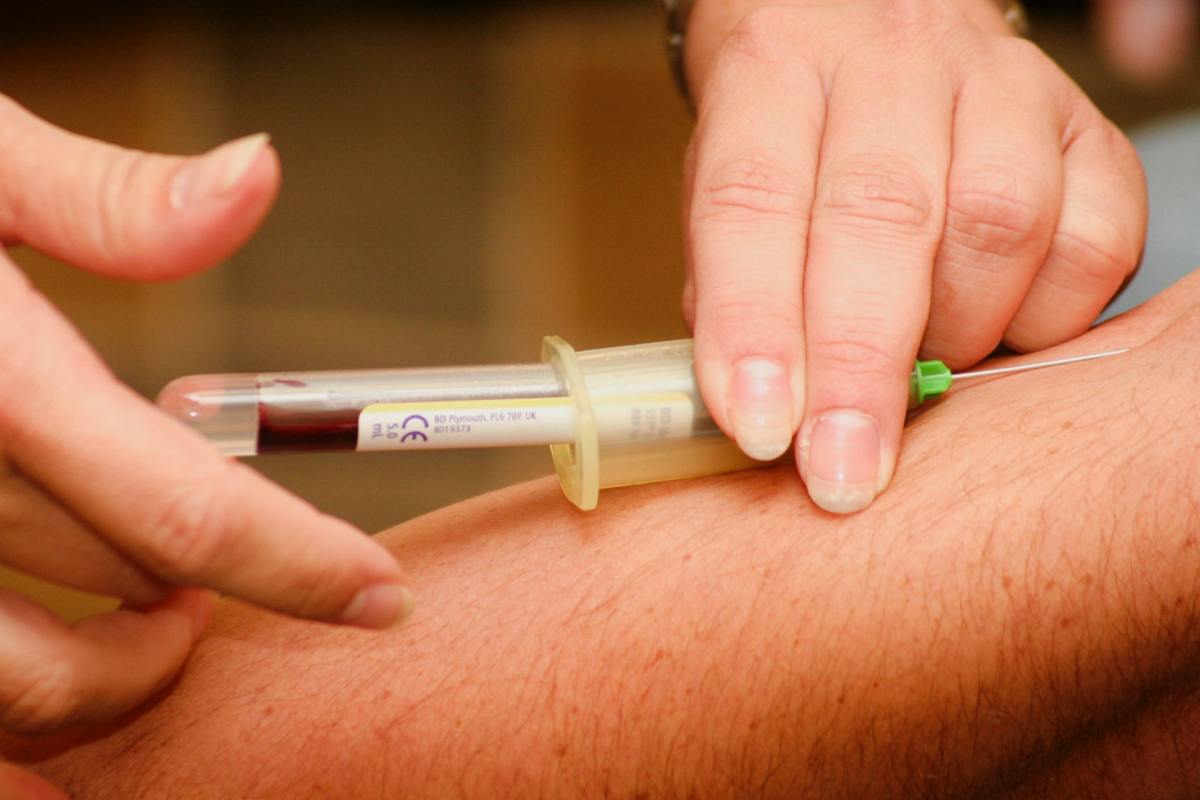How do you test someone to see if they have Alzheimer’s Disease? The National Institute on Aging — one of the National Institutes of Health — cites a few methods, each of which are relatively invasive. Among them are brain scans and collecting fluid via a spinal tap; all of them represent complex ways of reaching a diagnosis. Soon, though, detecting the presence of Alzheimer’s might be as easy as drawing blood — which could assist efforts to treat this condition.
This news comes via The Guardian, in an article that describes the efforts of a group of scientists to develop a viable blood test for Alzheimer’s. As the article details, the test zeroes in on brain-derived tau, a kind of tau protein associated with Alzheimer’s. And, in preliminary tests of 600 people, the scientists were able to detect Alzheimer’s and differentiate it from other conditions affecting the neurological system.
The researchers published their results in the journal Brain. “Brain-derived tau is a new blood-based biomarker that outperforms plasma total-tau and, unlike neurofilament light, shows specificity to Alzheimer’s disease-type neurodegeneration,” they write, helping to explain why this new development could have a substantial impact.
One of the scientists involved in the study explained to The Guardian why a blood test for Alzheimer’s is so important. “A blood test is cheaper, safer and easier to administer, and it can improve clinical confidence in diagnosing Alzheimer’s and selecting participants for clinical trial and disease monitoring,” said the University of Pittsburgh’s Thomas Karikari.
For now, there’s a clear next step: further testing on even more people to see just how accurate this new method is.
Whether you’re looking to get into shape, or just get out of a funk, The Charge has got you covered. Sign up for our new wellness newsletter today.


















